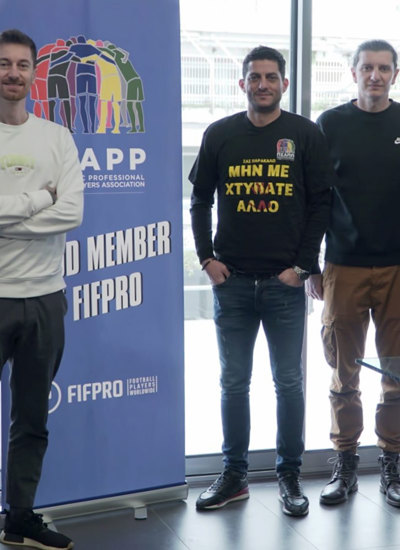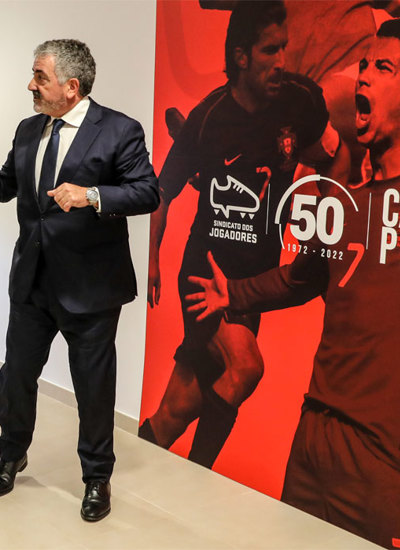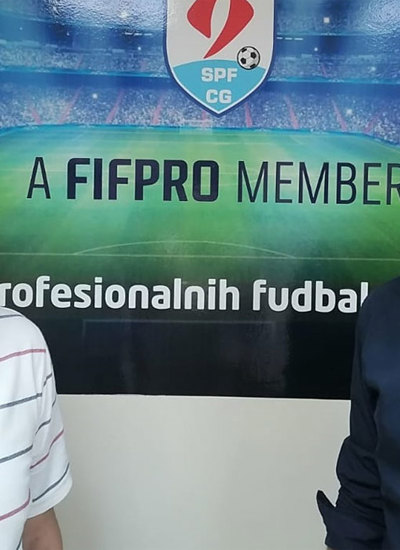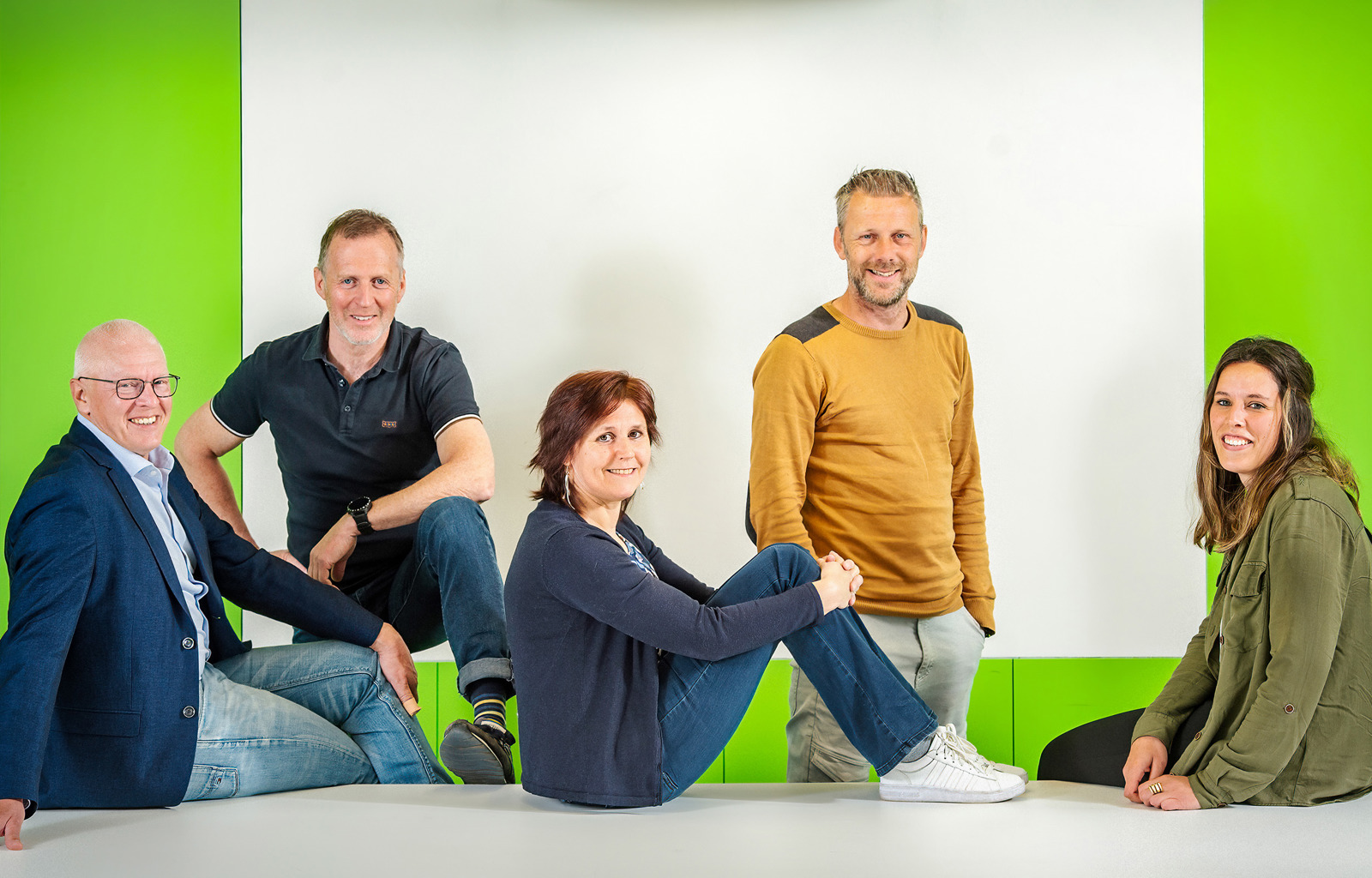
As our name says, FIFPRO is a federation of player unions. Currently, 66 organisations are associated within FIFPRO to support professional footballers worldwide.
Get to know Belgium’s United Athletes, which recently changed its name and arranged a new collective bargaining agreement.
History
In 1919, a priest decided to start an organisation to support boxers and cyclists, as he considered them to be slaves of their sports. He went around on his bike and organised these athletes. Then, after World War II, the priest was looking for a professional institution to support his organisation and ended up joining one of Belgium’s biggest labour unions, ACV/CSC.
Belgian legislation only recognises unions if they have more than 250,000 members. “Hence, there are only three unions in our country, and we are part of the biggest,” said Marc Leroy, who is the national responsible of Belgian player association United Athletes. “Being part of a bigger organisation has some advantages, for example the membership fee is quite low, but on the other hand we have no control over the height of our budget. The union decides how big our budget is.”
The Belgian player union has been a FIFPRO member since 1992 under the name of ACV Sporta VSB. “Recently, we changed our name. People confused us with other organisations that had an almost identical name, including a well-known TV-sports programme. Whenever they aired a critical report about athletes, we would receive angry calls from our members. Some even wanted to cancel their membership. To avoid confusion, we now call ourselves United Athletes, as we represent athletes from various sports, including basketball, cycling, track and field, volleyball and of course football.”
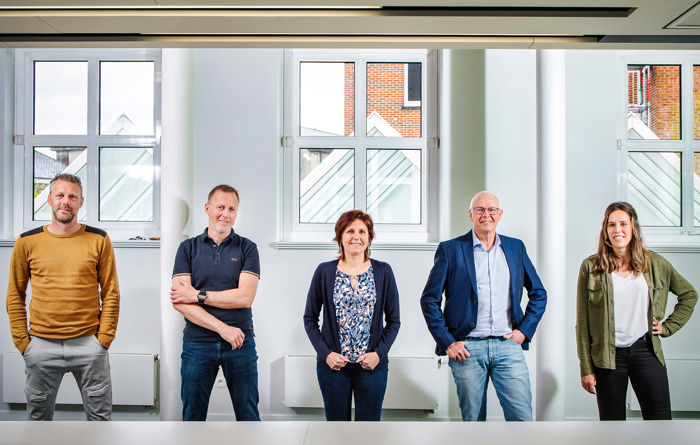
Current status
Earlier this summer, United Athletes arranged a new collective bargaining agreement with the Belgian Pro League. They managed to secure the same benefits as in the previous deal, with several slight improvements to, for example, image rights.
“To emphasise the importance of diversity and inclusion we moved the chapter about racism and discrimination higher up in the agreement. In recent years, we noticed several incidents with spectators racially abusing players, but we’ve also had an incident with a player.”
Together with the Pro League, United Athletes arranged a special education programme for players, spectators and directors showing poor behaviour. It includes a visit to Kazerne Dossin in Mechelen, which was a detention and deportation camp during World War II.
“We have a good relationship with the Pro League. Since their change in leadership, we experienced more willingness to discuss broader social issues such as diversity and inclusion.”
According to Leroy, it was difficult to make big changes to the CBA due to the government changing its social security and taxes regulations for sports, ending exceptions for athletes. The new regulations among other things define that professional athletes are entitled to a holiday allowance equalling 15 percent of their annual salary. However, as player contracts already included other arrangements for holiday allowances, this change in regulations would cause huge financial challenges for most clubs. "We understood this delicate situation and we, together with football clubs and other sports clubs, are trying to find a solution with the government."
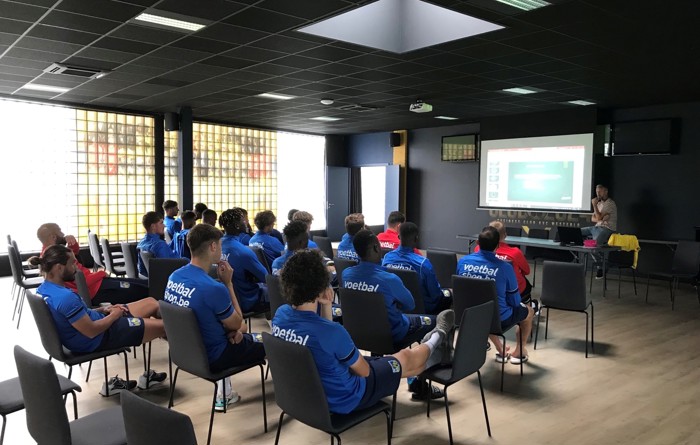
Special benefits
One of the special benefits for players in the current CBA is the ‘union bonus’. All clubs in the top-two divisions contribute 100 euro for every squad player to a special fund.
United Athletes redistributes that money. Each union member receives 100 euro, while most of the remaining money, as not every professional player is a union member, goes to Free Pro Players FC, United Athletes’ team of players without a contract.
United Athletes and the Pro League are discussing to allocate another part of the fund to projects for other players, for example women or players with a disability.
“Last year we started Free Pro Players FC. We offer players the opportunity to train with us during the entire year, so not only during the summer,” said Leroy.
“We decided to do this to better prepare players for their future after their playing career. During the summer, players will focus mostly on finding a new club. But we have to be realistic: not all players will be able to continue their professional career.
“Most players will start to realise this after the summer training camp. By extending the camp, they can continue training, and we can help them prepare for a new career.”
Throughout last season, 105 players trained with Free Pro Players FC and 55 signed with a club.
“We really made a difference for these players,” said Leroy. “We are still looking for a partner to support us guiding the other players towards a new career, an organisation that can help players identify skills they can use outside football.”
Goals
United Athletes would like to add more women’s players to their membership, but Leroy explained that the women’s football league first needs to become professional.
“We hope that the football association and the Pro League will establish a women’s league soon,” said Leroy. “The national team performed well at the Women’s EURO, reaching the quarter-finals.
“Hopefully this will trigger more investment in the women’s game, as currently most Super League players earn around 500 euro per month and are studying at the same time.”
